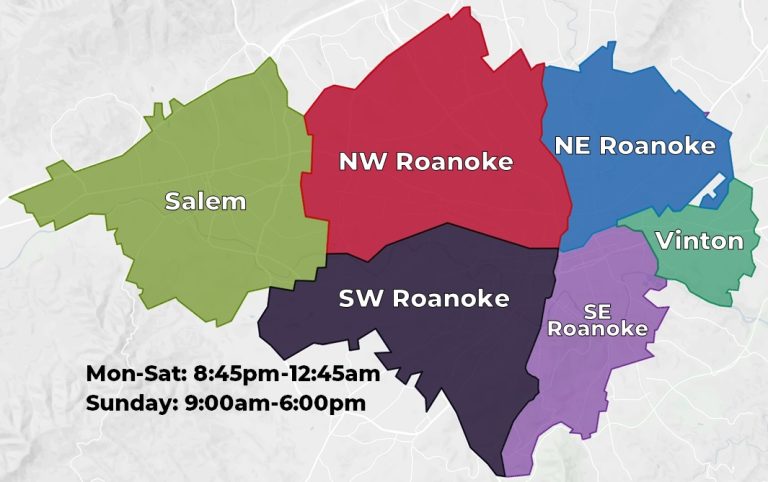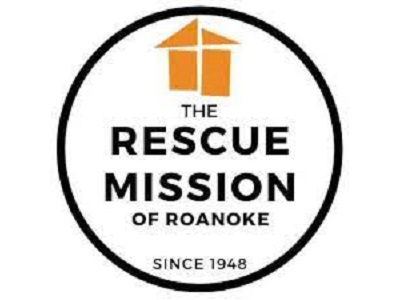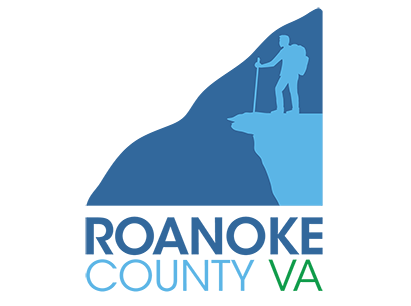Harvest Hosts connects local businesses with unused land to RVers needing a place to stop overnight amid...
Local Business and Economic Development
A collaboration that includes employers, higher education, workforce and economic development specialists – and local government officials...
A new academic program Roanoke College is calling the first of its kind in Virginia – focused...
A diverse group of young professionals from the Greater Roanoke Region have signed on to become spokespersons...
Its a creation of Downtown Roanoke Incorporated, timed to fight the post-holiday retail downturn – and get...
Wanna buy a box of thin mints? Your chance to support young female entrepreneurs is coming sooner...
Virginia Credit Union and Member One Federal Credit Union Jointly Announce their Intent to Merge RICHMOND, VA...
Junior Achievement of Southwest Virginia has long been dedicated to supporting youth as they plan for the...
A pilot program will allow anyone to schedule a trip through most of the Roanoke Valley late...
Aspiring entrepreneurs can get their foot in the door at an annual business program that helps you...
Maybe you’ll hit the gym more often or bike extra miles on the greenway as part of...
A company specializing in in-home counseling services for juveniles is branching out and offering treatment for substance...
Now that an affiliate of Publix supermarkets has purchased land in southwest Virginia, the next question is...
Looking for a way to spread some holiday cheer this year? A local organization is still accepting...
Jason Peters, a senior member of Roanoke County’s Board of Supervisors, steps down before taking up a...















